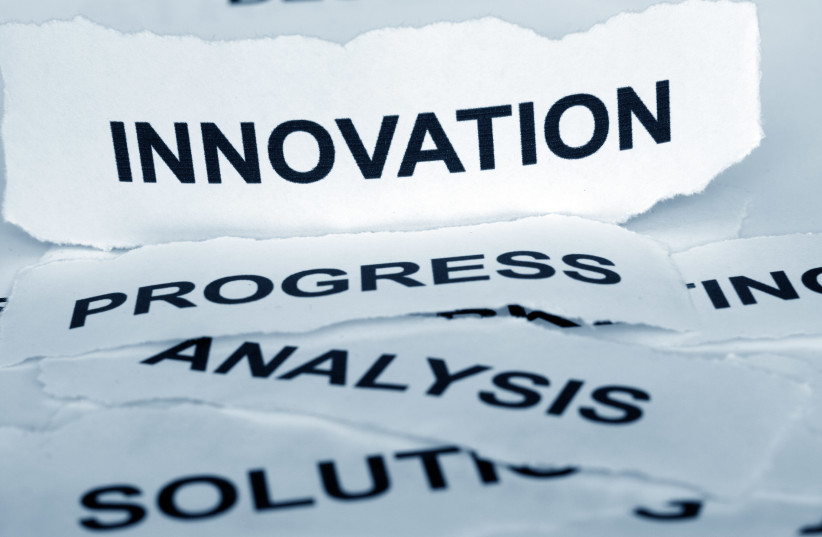Even at the best of times, early-stage startups carry inherent risks. However, the current market dynamics have significantly intensified risk within Israel's startup sector. With global macroeconomic headwinds buffeting the nation and increased uncertainty stemming from the current situation, early-stage startups are grappling with immense new challenges.
Founders need support to navigate these challenges, and accelerators are perfectly positioned to provide them. Recent Startup Snapshot research illustrates this sentiment among leading venture capital investors. In the research, 49% of investors reported that accelerators are assuming a much more valuable role for startups in today's market dynamics.
Yet the crucial question remains—how can accelerators provide valuable support for the new challenges startups face? In today's market, traditional cookie-cutter accelerator support no longer cuts it. Accelerators and their leaders must grasp today's innovators' latest challenges and provide tailored support accordingly.
In the following discussion, we explore the unique needs of today's innovators and how accelerators should address them, effectively bolstering the early-stage startup ecosystem and fortifying the Israeli economy.

Startups have much shorter runways, which help them take off quickly
In today's dynamic market environment, early-stage startups face significant challenges due to funding constraints and short runways, limiting their capacity for experimentation. Gone are the days when startups could leisurely explore various client segments and pivot endlessly to pursue product-market fit. Instead, the scarcity of resources compels startups to prioritize immediate revenue generation and tangible KPIs over long-term innovation.
Accelerators play a pivotal role in alleviating these constraints by providing essential support mechanisms, including mentorship, networking opportunities, and access to funding. They act as catalysts for rapid growth, accelerating the journey for startups to achieve significant milestones.
However, accelerators must individualize their approach for each startup to fulfill this role effectively. They can no longer rely on large cohorts following the same standardized program. Instead, accelerators must meticulously assess each venture's unique needs and tailor their programs accordingly, facilitating a faster path to success and enhancing the chances of survival in today's challenging market landscape.
Focus on validation, a stamp of approval for investors
In today's volatile market, investors are becoming increasingly risk averse, looking for startups to show signs of validation much earlier in the company's lifecycle. It is no longer about a huge vision and big dreams but tangible results and achieving milestones.
Accelerators, especially those operated and backed by multinational companies, are increasingly valuable for young startups. They provide them with product validation from large corporate partners, which is a stamp of approval for securing new investor funding.
These accelerator programs must intensify their focus on facilitating direct connections between their startups and various corporate units within the MNC, expediting the vetting and validation process for their products. This support will lead startups to sign commercial contracts with the MNCs, fostering mutually beneficial partnerships that drive ecosystem innovation and growth.
Not all support is financial; provide emotional assistance, too
Accelerators can't limit their value to traditional business advice and mentorship in challenging times. They need to provide crucial emotional and community support for their portfolio companies, helping them pass this time on a personal level and promoting continuity for the company. This is especially crucial, as some startups have suffered extensive disruption.
This support should include one-on-one and group sessions with a dedicated psychologist, and workshops designed to help process recent events, fostering integration and enhancing resilience for the startups' employees and their families.
This comprehensive support fosters emotional well-being and enables individuals to maintain focus, overcome obstacles, and drive progress within their entrepreneurial pursuits.
Accelerators that adapt will empower startups to succeed
When accelerators consider the unique challenges of uncertainty, understanding how to adjust their relationship with startups is critical to reducing risk. They're positioned to make a significant impact by helping startups move faster, with better validity, and in a more emotionally stable environment. Despite volatility, when accelerators use a unique and adaptable approach, it provides founders with a clear path forward.
Sidney Gottesman is the CEO of FinSec Innovation Lab and Ori Schnitzer is the director at the Zell Entrepreneurship Program.
